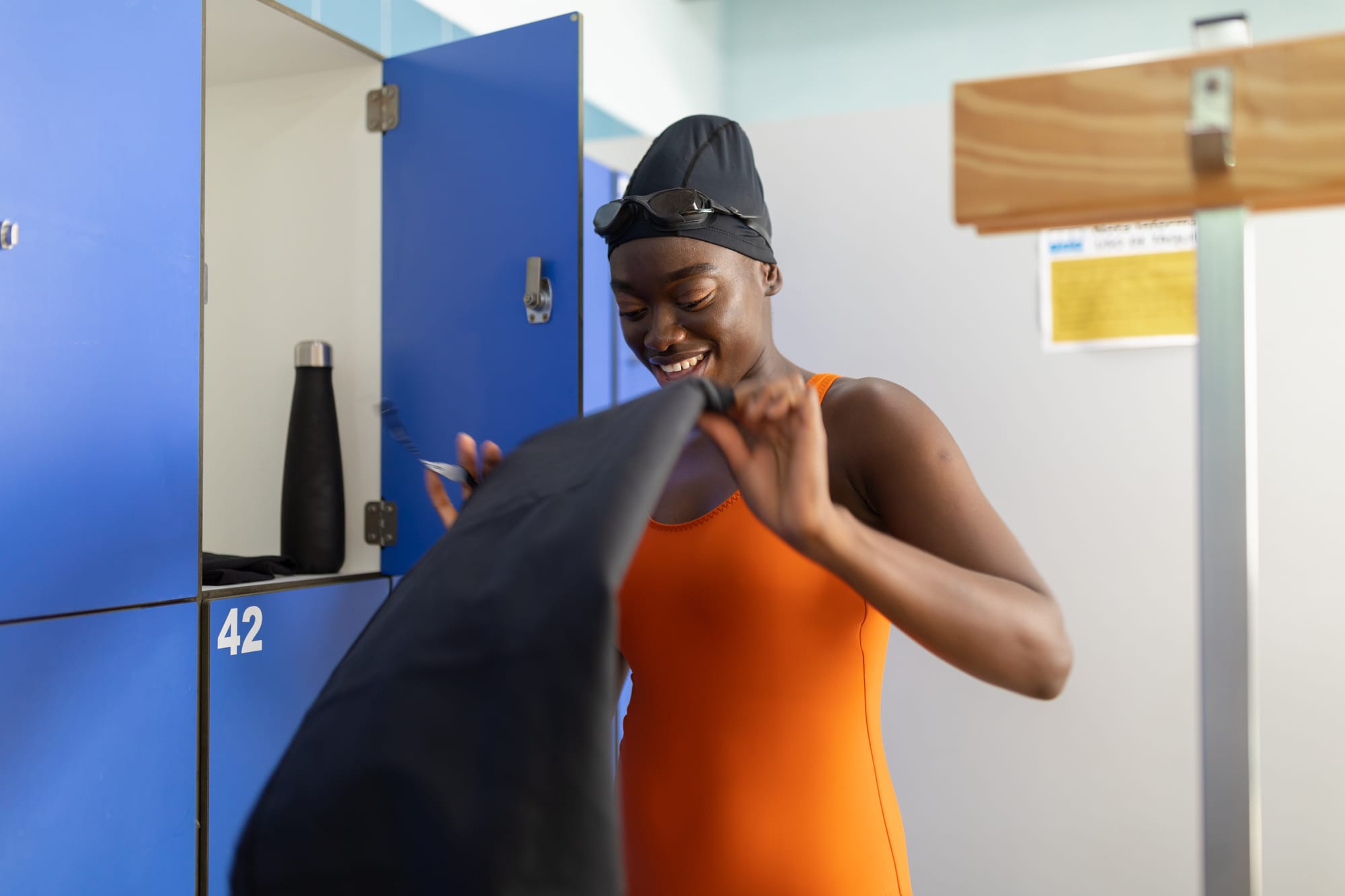Character Development

Participating in extracurricular activities contributes to students’ character development. Students who participate in extracurricular activities report higher levels of self-concept and selfworth (Blomfield & Barber, 2009). They also have opportunities to develop personal interests and discover their strengths and weaknesses (Fredricks & Eccles, 2008), which is especially important during the adolescent stage of self-exploration (Knifesend & Graham, 2012). Building students’ self-concept and character development will encourage confidence, which will inspire students to be comfortable being unique individuals.

Many of the character-building skills common to extracurricular activities are needed in the workplace, but are not regularly evaluated and practised in the classroom (Lipscomb, 2007). First, students develop time management skills (Burgess, 2013). They learn to prioritize and use time effectively. Second, students build leadership skills (Barnett, 2008) that will support their success in post-secondary institutions and lifelong careers. Students who possess leadership skills are more likely to become managers and earn a higher salary than students who do not (Lipscomb, 2007). Third, students learn to accept constructive criticism (Mckeyane, 2013), which is a skill required for intellectual and personal growth. Lastly, students have higher levels of self-confidence (Strapp & Farr, 2010) and resiliency (Fredricks & Eccles, 2008).
The participation in extracurricular activities builds students’ time management skills, leadership skills, self-confidence, resiliency, and ability to accept constructive criticism, which are all components important to character development.